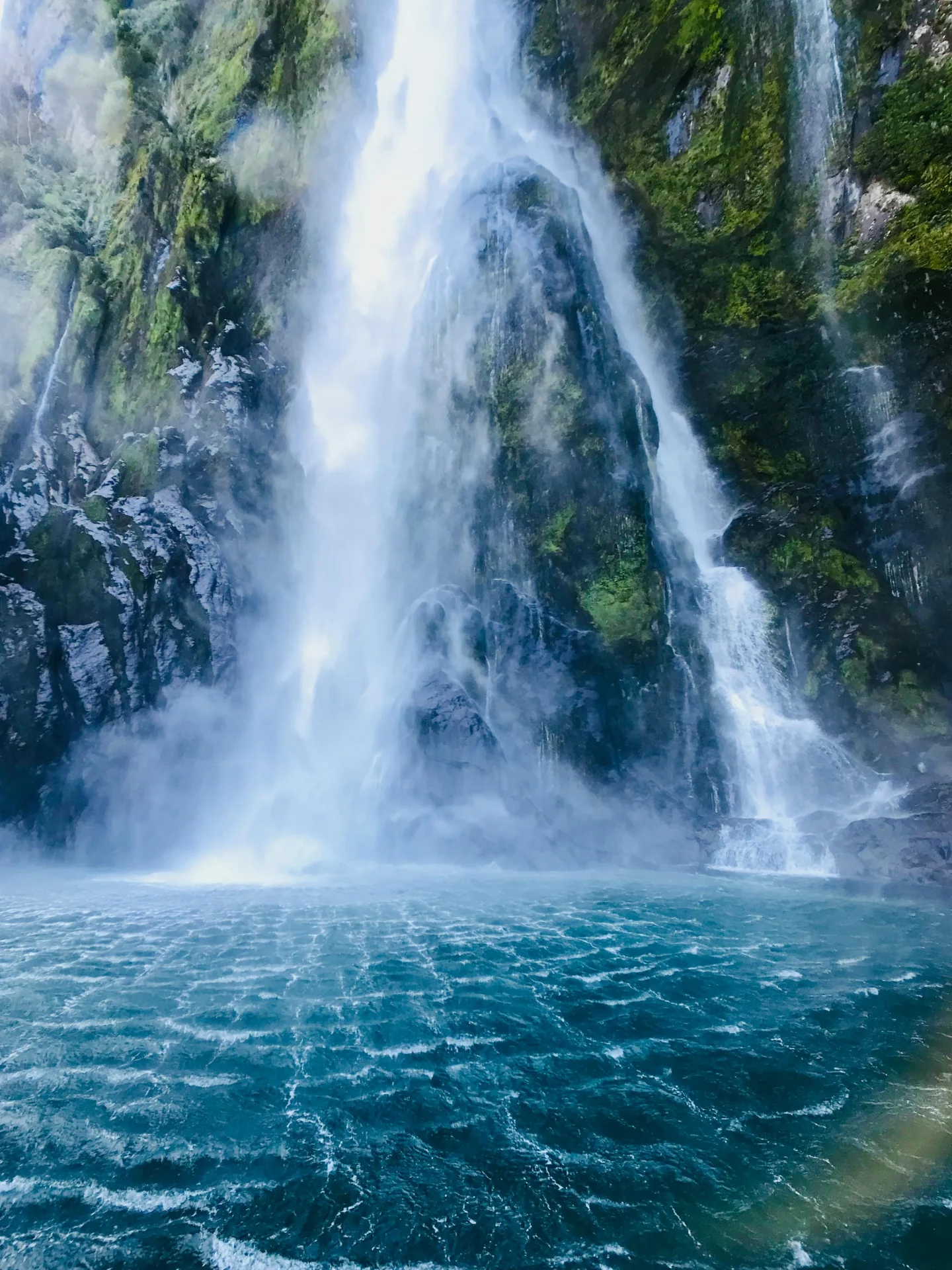Water, seemingly abundant yet perplexingly scarce. If you’re leafing through this article, you’re probably entranced and intrigued by the overwhelming issue of water shortages linked to climate change. Well, you’re not alone.
The Climate Message in A Bottle
While the issue of water scarcity might feel like a surreal, distant threat for many of us, for some it is an unbearable reality. But why is this happening? And why now? Is climate change the invisible hand behind the curtain?
“Climate change and water scarcity are interconnected currents in the ocean of environmental dilemmas. As air temperatures rise, they alter the water cycle, impacting our fresh water supply,” explains Dr. Raine Forrester, a renowned climate scientist.
A Deep Dive into The Water Scarcity Crisis
The literal ebb and flow of our world is changing at a rate faster than some species – humans included – can keep up. But where does the problem lie and what must we face in the immediate future? Let’s dive right in.
- Collapsing Ecosystems: Excessive water extraction depletes rivers, killing off aquatic life, including many species of fish that indigenous communities rely on for their livelihood.
- Subsiding Soil: Aquifers, or natural underground water reservoirs, shrink when overdrafted, resulting in sinking ground levels. It’s not just a floor sinking under our feet, it’s our entire infrastructure.
- Intensified Wildfires: As trees receive less water, they become dry and combustible, fueling worsening wildfires each year.
What Lies Beneath: The Hidden Impacts of Water Shortages
On the surface, the link between water shortages and climate change might seem clear-cut. But the devil, as always, lies in the details. Look beneath the surface and you’ll find interwoven narratives of socio-economic impacts, geopolitical tension, and unsettling health crises.
Is there a link between climate change and human health?
The answer, in short, is a resounding yes. Scarcity of pure, drinkable water can lead to a surge in waterborne diseases, malnutrition, and in some grave instances, death. As water becomes scarce, hygiene practices wither away, resulting in the multiplication of health crises, especially in economically-backward locations.
Why is there so much emphasis on the socio-economic impacts of water shortages?
Water scarcity is not just an environmental problem. It’s equally socio-economic. It disrupts livelihoods, especially those based on agriculture. As crops wither away, so do jobs and income. This, in turn, forces mass migration, destabilizing societies and creating climate refugees.
So, Where Do We Go From Here?
Are we doomed to a dry future? Absolutely not. But it requires an awakening, a collective commitment churning towards a real solution – everything from adaptive strategies like rainwater harvesting and greywater recycling, to long-term solutions such as clean energy transitions and rigorous climate diplomacy. So, buckle up and join us as we navigate the churning waters of this climate crisis.

